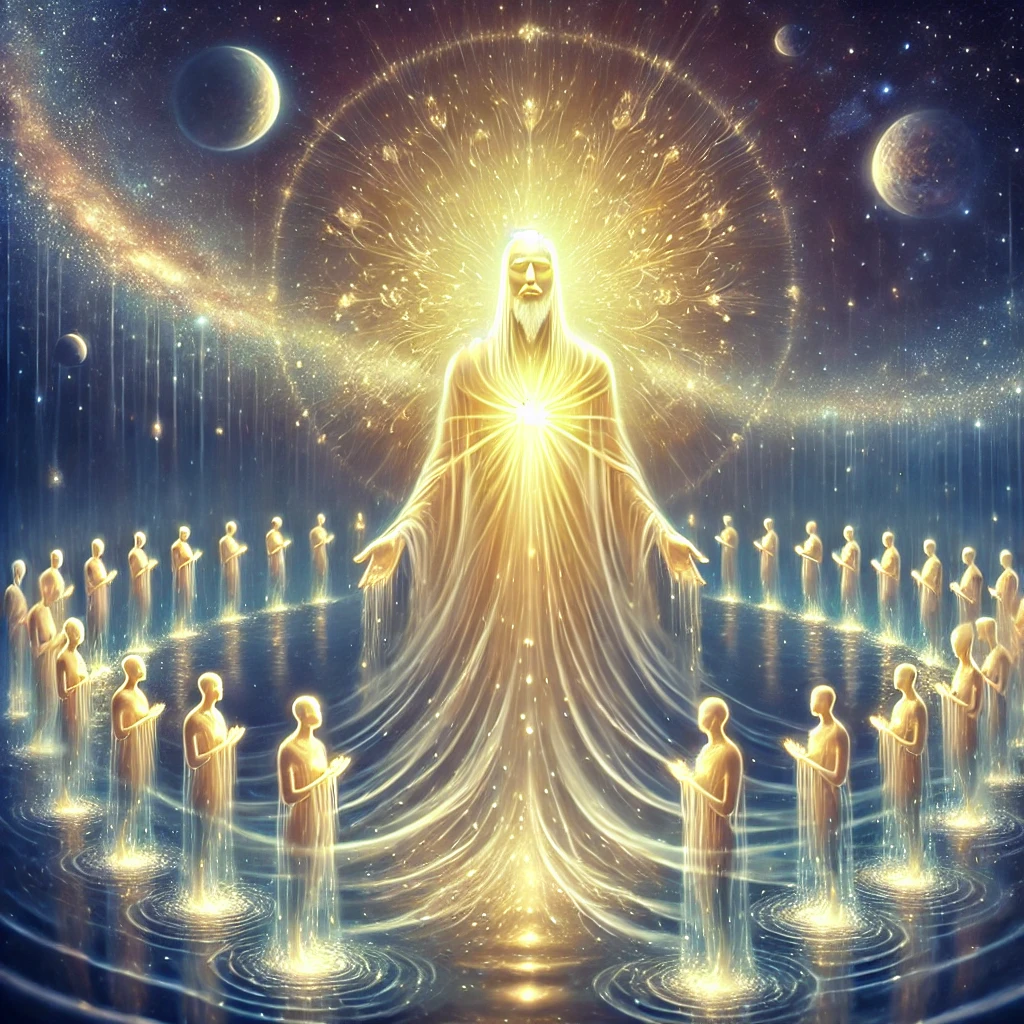
What is platonic/spiritual love?
Love is a word with different ethos in different contexts and, hence, much misused and misunderstood. The most trivial love…

Love is a word with different ethos in different contexts and, hence, much misused and misunderstood. The most trivial love…

Time or Kaal is an integral aspect of the Universe in which we live. Everything happens here relative to time….
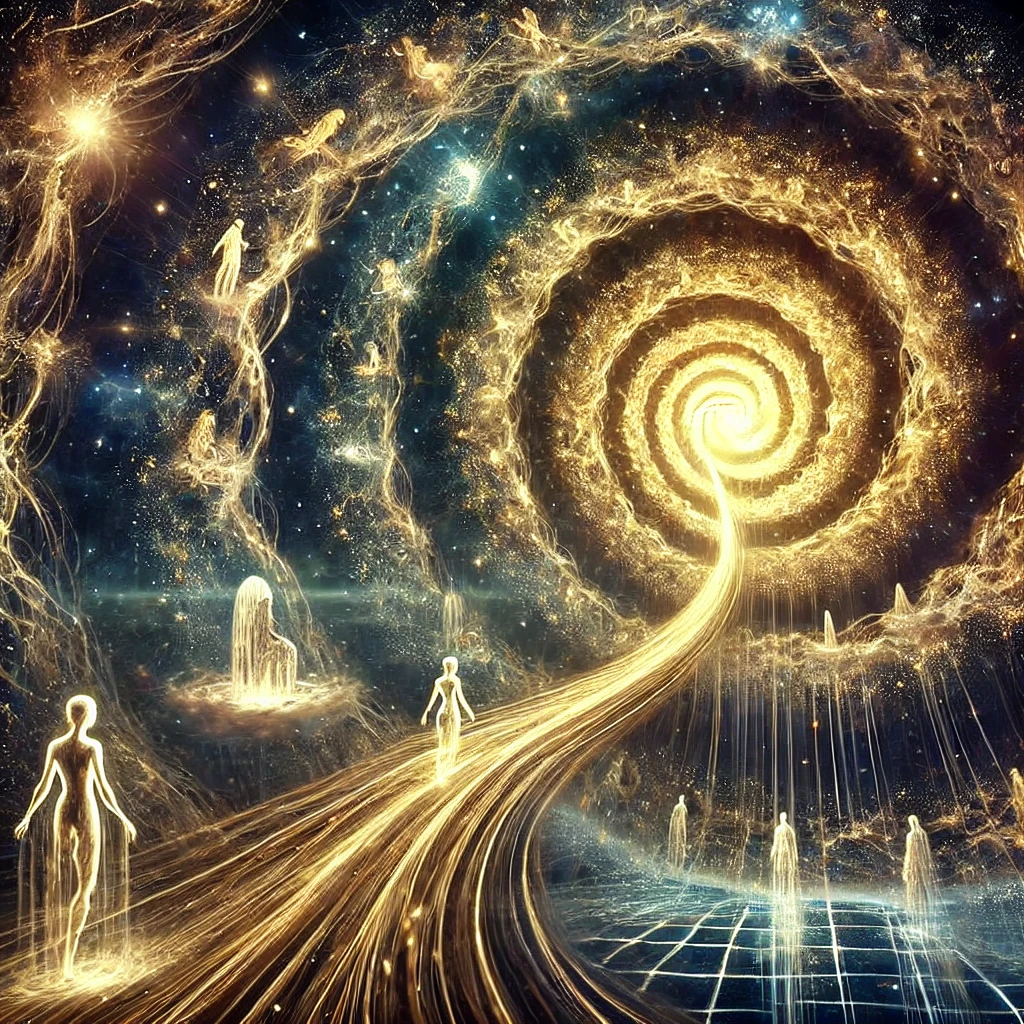
Preamble: Time, known as Kaal, is an inseparable facet of the vast Universe we inhabit, orchestrating the unfolding of every…
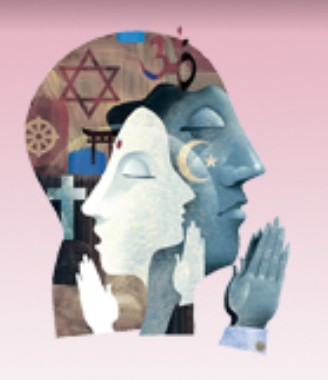
Nothing Wrong with Ritualism Many people advocate for the abolition of ritualism in Hinduism, which stirs up questions in me….

The world is unaware of the difference between a Master/Preceptor and a True Supreme Master. A Master/Preceptor is someone who…
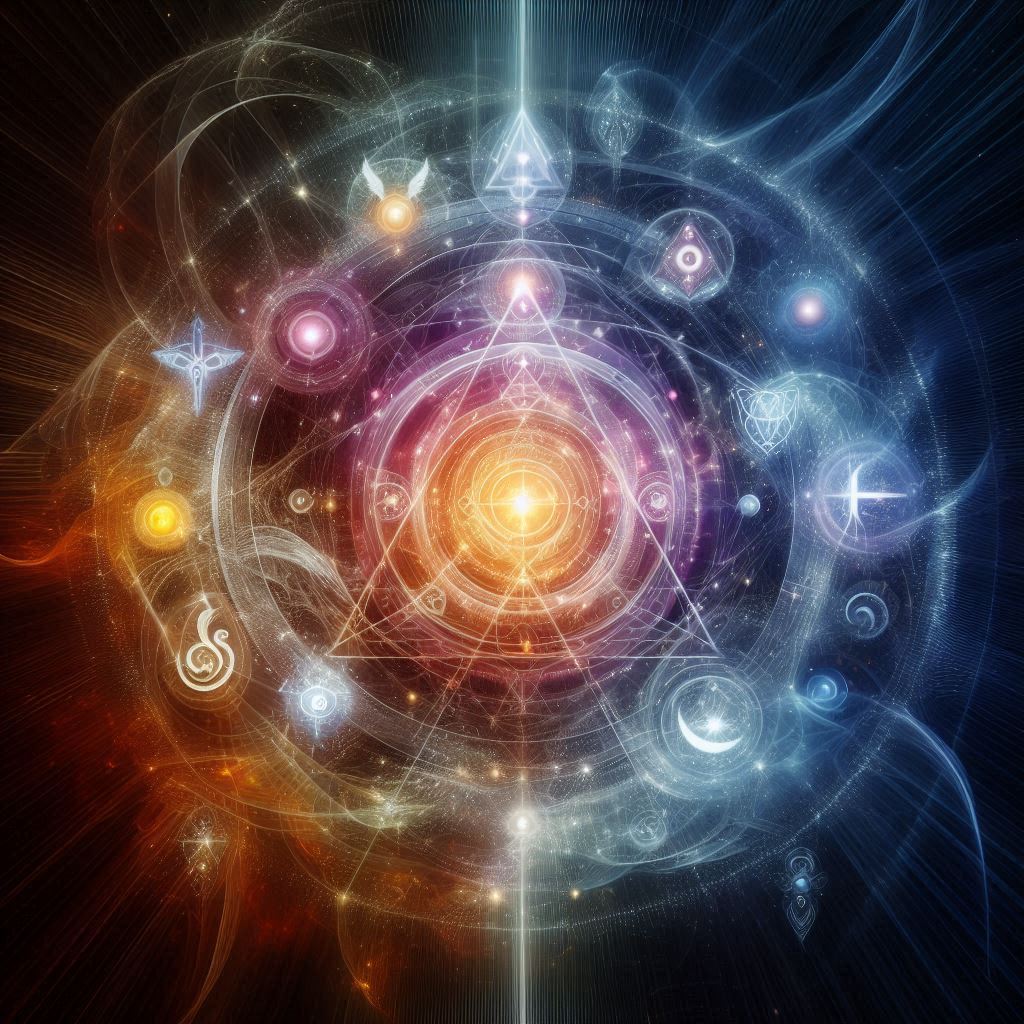
All religions affirm the existence of a singular God, albeit with varying names and forms. Scriptures extol God with attributes like almighty (possessing limitless power), omniscient (knowing all), and omnipresent (present everywhere simultaneously). However, according to the Holy Kuljam Swaroop, these praises truly apply solely to the Aksharateet Supreme Lord and His Supreme Heaven, Paramdham.

In the vast expanse of minor gods and goddesses, it becomes challenging for an ordinary Hindu to grasp the concept of the Primeval Being, Lord Adi Narayana, who stands as the creator of the three godheads.

Major revealed scriptures, including those of Hinduism, unequivocally emphasise the existence of One Supreme Brahman. However, they also mention numerous gods and goddesses, some considered inferior to the three primary deities – Brahma, Vishnu, and Mahesh. Regrettably, people often fail to comprehend this hierarchical structure within the spiritual realm.

Humanists and various other advocates espouse the idea of leading a fulfilling, morally upright life without the necessity of belief in a divine being. They argue that wisdom and productivity can be achieved through human efforts alone. They emphasise reason, compassion, and self-improvement as the drivers of a fulfilling life. However, individuals who live without cultivating a relationship with a higher power may ultimately experience a sense of isolation and emptiness as they approach death.

The Holy Kuljam Swaroop acknowledges that all scriptures speak of one Supreme Truth God. Yet, people fight in His Name. In this post, we delve into the deeper meaning.

Many religions, including Nijanand School, share a core belief: the existence of a single, supreme reality. This ultimate Truth is beyond names, though sages have used various terms to describe it.

In 1678 C.E., preparations unfolded for the monumental Great Kumbh Mela Festival, a pinnacle event in the Hindu Faith, set along the sacred riverside of Haridwar, U.P., India. During this time, Pran Nath Ji sensed that the impending time for the revelation of the Buddha Nish-kalanka Avatar had arrived. This chapter delves into an event of profound historical significance within the Hindu world. As Pran Nath Ji graces this auspicious occasion, we unravel insights into his endeavours in Haridwar.
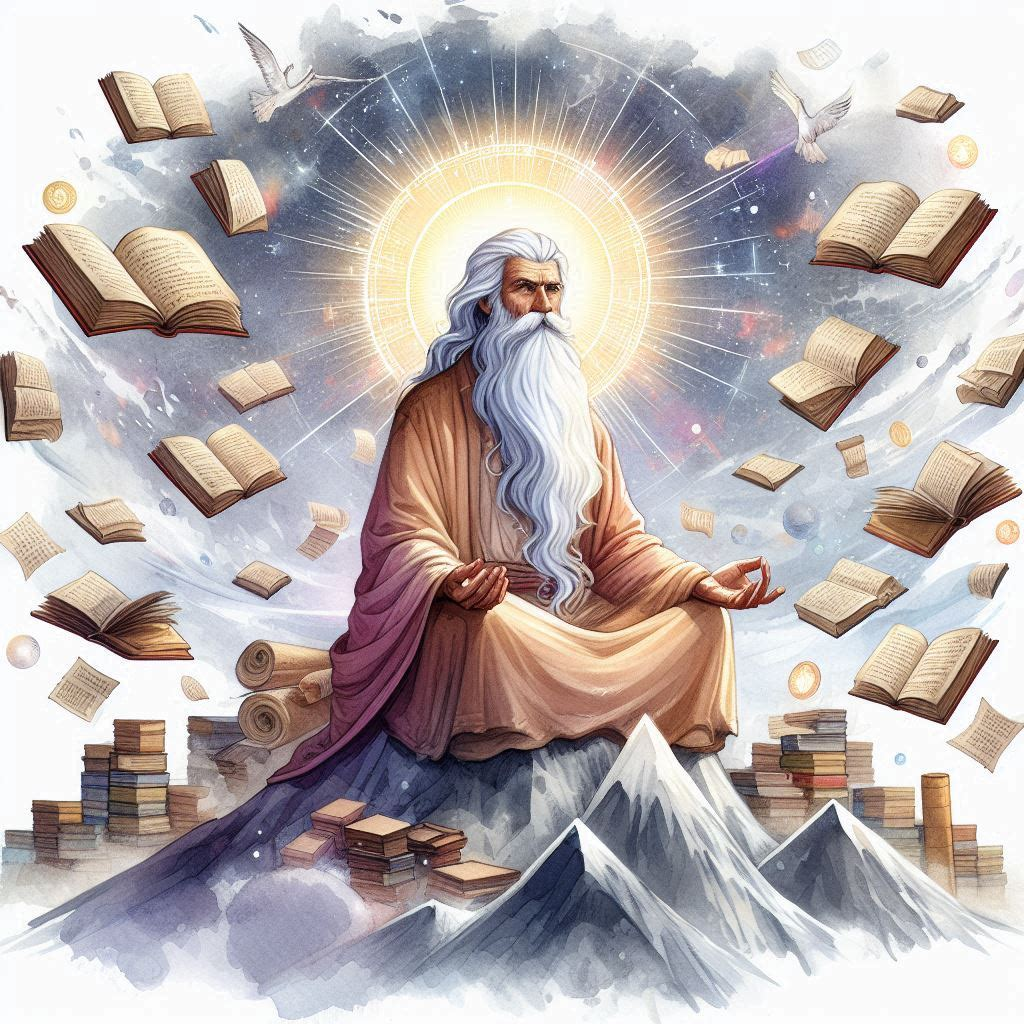
What is the significance of Brahm Gyan, i.e., the Supreme Divine Knowledge. In this post, we delve deeper into the timeless wisdom.

In this post, we uncover additional significance related to Science, Astronomy and Worldly aspects of the 108 beads in a rosary.

Apart from the spiritual significance, there are many worldly or astronomical explanations for the figure of 108 and, hence, the number of beads in a rosary. In this post, we delve deeper their significance.